Think of royal jelly as the secret sauce behind the queen bee’s legendary health and lifespan. People say it lifts energy, sharpens the mind, boosts immunity, and even helps skin glow. But here’s the catch: sorting facts from hype gets tricky, especially with all the wild promises online. If you want real science-backed answers about royal jelly dietary supplements—and a guide on making smart choices for your wellness—stick around.
What Is Royal Jelly and Why Is It Suddenly Popular?
Royal jelly is a creamy, nutrient-dense substance bees feed only to their queen and young larvae. It’s not honey. It’s not pollen. It’s something else entirely, brimming with unique proteins (like royalactin), fatty acids, B vitamins, and antioxidants.
In Durban and around the world, demand for natural health boosters keeps rising. People are curious: Can royal jelly supplements actually help with immunity, energy levels, aging, or skin conditions? Some local health shops in Kwa-Zulu Natal report sales of bee products—especially royal jelly—are up 40% this year. It’s everywhere: capsules, powders, and skincare formulas lining shelves from Musgrave to Umhlanga.
But is it all hype, or do these supplements really deliver?
What Can Royal Jelly Dietary Supplements Actually Do?
This is where things get interesting, because not all benefits sound equally believable. The best way to cut through the noise? Focus on the jobs people want done. Those include:
- Supporting immune health during flu season and beyond
- Boosting energy when life gets hectic
- Promoting healthy skin (fewer breakouts, more glow)
- Easing menopausal symptoms (like hot flushes or mood swings)
- Sharpening memory and mental clarity
Let’s dig into each area, using real research and lived experience—not hearsay.
| Health Goal | What Science Says | How Realistic? |
|---|---|---|
| Boost Immunity | Some studies (e.g., 2023 review in "Frontiers in Nutrition") find royal jelly may increase white blood cell count and support anti-inflammatory defenses. | Promising, but not a miracle cure; works best with balanced diet. |
| Raise Energy | Pilot studies show royal jelly capsules can reduce fatigue, especially in adults under stress. | Helpful for some, especially if you’re always tired—but don’t expect an instant fix. |
| Healthy Skin | Topical royal jelly may speed up healing & reduce acne. Oral supplements may help skin hydration per a 2024 Japanese study. | Possible benefit, but results vary by person. |
| Menopause Support | A few clinical trials suggest improvements in mood swings and hot flushes; estrogen-like compounds are likely at play. | May help—but talk to your doctor, especially if on hormone therapies. |
| Mental Clarity | Animal research shows memory gains, but human evidence is thin. Some users report feeling sharper over time. | Worth a try, especially combined with sleep and exercise. |
Keep in mind, none of these benefits happen overnight. Consistency is key. And royal jelly is no replacement for actual medicine if you’re dealing with a serious health issue.
Picking the Right Royal Jelly Products: What Matters Most?
Walk down any health aisle and you’ll see dozens of royal jelly options. Capsules, fresh gel, powders—even skincare balms. Here’s how to choose wisely:
- Check dosage: Look for supplements with at least 500mg of royal jelly per daily serving. Some studies use up to 1000mg.
- Watch for additives: Simple ingredient lists are best—skip fillers, artificial colors, or unpronounceable chemicals.
- Storage: Fresh royal jelly requires refrigeration; lyophilized (freeze-dried) powder is much more shelf-stable for South Africa’s climate.
- Origin: Products sourced from reputable beekeepers (especially local KZN or Western Cape suppliers) are often fresher and less likely to contain contaminants.
- Allergy alerts: If you’re allergic to honey, pollen, or bee stings, give royal jelly a miss. It can trigger serious reactions.
Local prices in Durban (August 2025): basic 30-capsule bottles start around R120–R160; high-potency or organic blends push R300. Skin creams go higher. Always compare per-serving costs, not just total price.
How to Use Royal Jelly for the Best Results
If you’re new to royal jelly, start low. Many Durbanites take 500mg capsules first thing in the morning with breakfast. Some blend powder into smoothies; others dab a little fresh product onto problem skin patches at night.
Stick with daily use for 4–6 weeks before making up your mind. Most people who notice benefits see them within two months. And don’t forget to cycle off for a week or two every few months—your body needs occasional breaks from the same supplement.
Common sense is key: avoid doubling doses unless specifically advised by a qualified health professional. If you feel nauseous, bloated, or itchy, stop at once and check in with your doctor, especially if you have a known bee allergy or asthma.
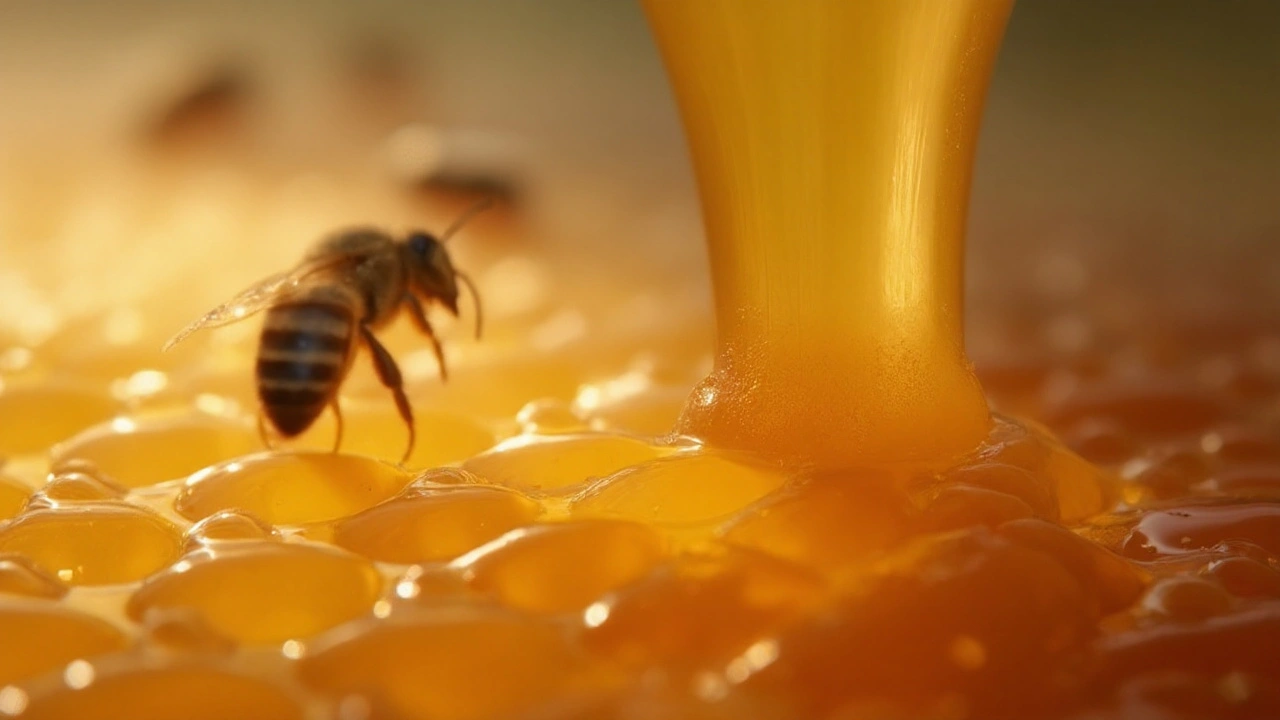
Pitfalls, Myths, and Real-World Tips for Durban Shoppers
Let’s get honest: Royal jelly won’t turn you into a superhero. Sellers pushing miracle cures are selling snake oil. The science is promising—but still evolving. Some tips for locals:
- Don’t fall for untested brands online. Stick to local pharmacies or health shops with established reputations.
- Check the expiry date! Old royal jelly can go rancid or lose potency, especially in the Durban heat.
- If you’re pregnant, breastfeeding, or on chronic meds, check with your healthcare provider first.
- Don’t use royal jelly as a replacement for antiretrovirals, blood pressure meds, or other essential treatments.
- Pair royal jelly with other healthy lifestyle choices—sleep, exercise, fresh food. No supplement works alone.
The bottom line? Royal jelly dietary supplements can bring real benefits for immunity, energy, and skin, if used with realistic expectations. They’re not magic, but they might surprise you.
Checklist: How Do I Know If Royal Jelly Supplements Are Worth a Try?
- You feel wiped out more than usual—need a safe energy lift
- Your immune system needs backup during cold/flu season
- Persistent skin issues won’t budge with basic skincare
- You’re navigating menopause and looking for natural support
- You want something extra to complement good nutrition and exercise
If you tick off more than one box, royal jelly could be worth adding to your supplement shelf.
Mini-FAQ
- Is royal jelly safe for everyone? Not if you’re allergic to bees, honey, or pollen. Anyone with asthma should proceed very cautiously.
- How fast do you notice benefits? Usually 4–8 weeks with daily use. It’s more gradual than caffeine or herbal boosters.
- Can royal jelly treat actual medical conditions? No—talk to your doctor for serious health problems. Royal jelly works best as a wellness booster, not a cure.
- Is raw/fresh royal jelly better than capsules? Both have pros. Raw forms may be a little stronger but spoil quickly. Capsules are easier to store and travel with in South Africa’s climate.
Next Steps: Who Should Try Royal Jelly and How?
- Busy professionals fighting mid-year burnout: Start with 500mg capsules for 6 weeks, monitor energy and mood.
- Older adults looking to support immune health: Partner supplements with healthy eating, consider weekly breaks.
- People with stubborn skin problems: Try both oral and a light topical cream, watch for irritation.
- Anyone on medications or with chronic illness: Consult your GP before adding royal jelly—never self-medicate.

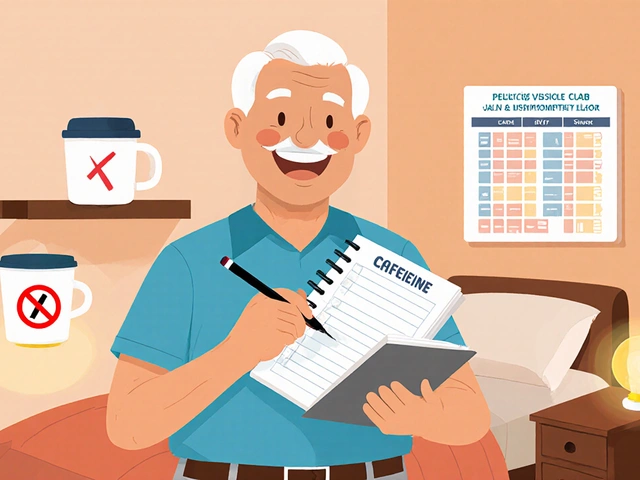

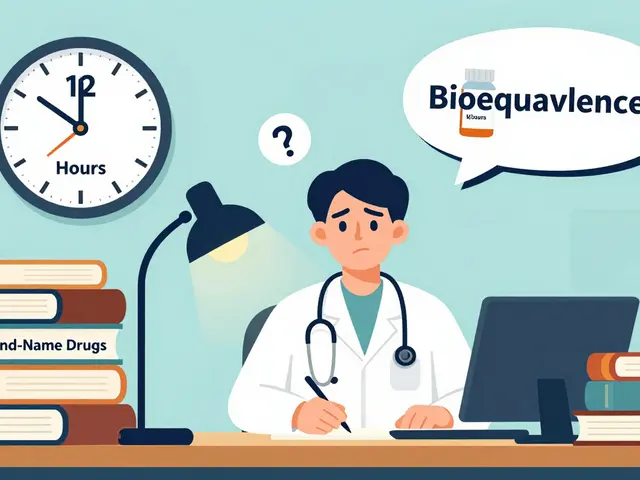
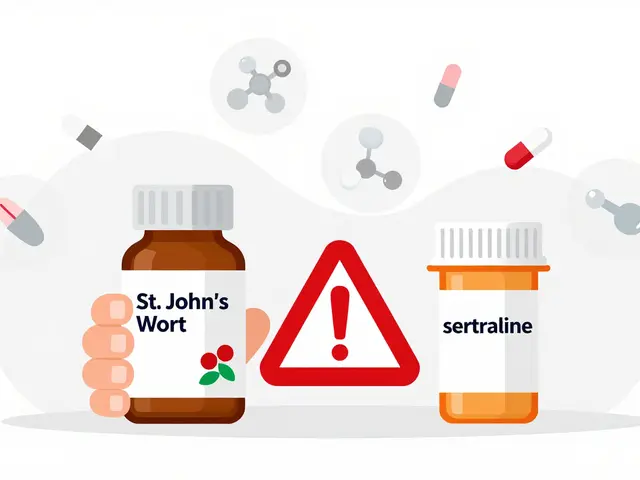
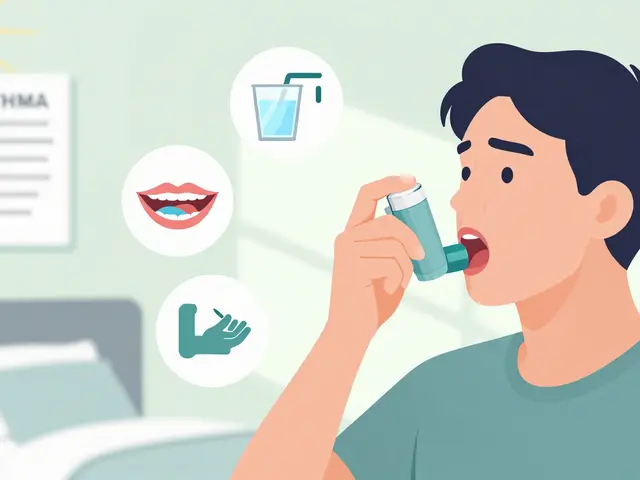

Royal jelly sits somewhere useful between old-school remedies and actual lab-backed supplements, and that middle ground is where a lot of good, practical health decisions happen.
It's smart to treat it like a targeted support-think immune nudges and gentle energy lifts-rather than a miracle tonic that rewrites biology overnight.
Look at dosage, origin, and storage first, then judge effects over a couple of months while keeping the rest of your routine solid: sleep, food, exercise.
Also, if anyone's reacting weirdly to honey or has asthma, don't push it; an adverse reaction can ruin any marginal benefit.
Started low and slow 500mg a day and felt less flat after a few weeks no magic just steady
Buy local, freeze dried for Durban heat, dont fall for pretty packaging
Also check for allergies dont be reckless
This supplement offers an interesting convergence of traditional apiculture knowledge and emerging nutritional science.
The clinical evidence is not uniform, yet several randomized trials and systematic reviews do suggest modest immunomodulatory and antiinflammatory effects attributable to constituents such as royalactin and certain fatty acids.
Effect magnitudes tend to be small to moderate and frequently contingent upon dosage, formulation, and baseline health status of the consumer.
For individuals with nutritional insufficiencies or heightened physiological stress the supplement may offer discernible benefits, particularly in terms of reduced fatigue and marginal improvements in immune markers.
Topical applications have a different mechanistic profile and data regarding dermal hydration and wound healing are comparatively stronger in animal models and small human trials.
Menopausal symptom relief has been recorded in limited human studies, plausibly due to phytoestrogenic activity of specific royal jelly peptides.
Careful selection of product is indispensable because adulteration and degradation are real issues, especially where cold chain logistics are absent.
Freeze dried formulations mitigate spoilage risk and standardization of active compounds increases reproducibility of outcomes.
Consumers should expect gradual changes over several weeks and should document subjective and objective responses for an informed decision.
Royal jelly is not an alternative to evidencebased pharmacotherapy for serious disease states and should be integrated as a complementary wellness strategy.
Those with hypersensitivities to bee products or with preexisting respiratory conditions must abstain or consult a clinician before commencement.
Finally, the socioecological aspect is nontrivial; supporting reputable local beekeepers improves traceability and reduces ecological harm.
Overall, adopt a pragmatic stance: consider it when other lifestyle foundations are in place, evaluate after a defined trial period, and do not conflate anecdote with robust clinical efficacy.
Such a measured approach aligns individual wellbeing with responsible consumption.
One must remain skeptical of extravagant marketing claims while open to modest, reproducible benefits backed by incremental evidence.
Love the idea but hate the snake oil vibes some sellers push, big nope on miracle claims. 😒
Get proof of sourcing, demand batch testing, and if a product promises a miracle it is lying. 😤
Also if you see insane testimonials, walk away and save your rand.
Totally agree about starting low and tracking results.
I recommended a buddy try 500mg and he reported steady mood and fewer afternoon crashes after about three weeks.
Pairing it with morning protein and a short walk made the difference bigger than the supplement alone.
Keep expectations realistic and use a journal to note energy, sleep, skin changes, anything measurable.
Consider the sourcing before anything else.
Many products claim provenance yet lack proper certification or traceability, which is unacceptable for those of us who value quality.
Freeze-dried royal jelly is the only sensible option in hot climates unless you have a reliable refrigerated supply chain.
Paying a premium for verifiable testing and third-party analysis is often worth it to avoid inferior blends that dilute effects.
Admittedly, some local smallscale producers actually deliver superior raw material, but that requires discernment and a willingness to investigate.
This strikes a chord because many people try a new supplement and expect overnight change, but wellness is incremental.
Royal jelly can be supportive when combined with rest, good nutrition, and regular movement.
In community settings I have seen subtle improvements in energy and resilience over a month or two.
Always encourage friends to keep a baseline of sleep hygiene and hydration first, supplements second.
That order matters and often magnifies any benefit from a product like royal jelly.
Love the encouragement and small wins vibe, that’s the way to do it 🙂
Little consistent steps beat grand gestures every time.
Energy gains tend to stack when habits line up, and a supplement can be the nudge that helps sustain momentum.
Most people just want a quick fix and get scammed instead of learning basic nutrition, that's on them.
Supplements are supplements and not substitutes, end of story. 😒
Started small, tracked it, and it helped slightly.
Agree with the no quick fix stance and the need to know why you're taking it.
Those who treat royal jelly as an adjunct to real habits usually get the best value, and those who chase miracle claims tend to waste money and risk side effects.
Listen to your body, keep records, and if something feels off stop immediately and seek proper care.